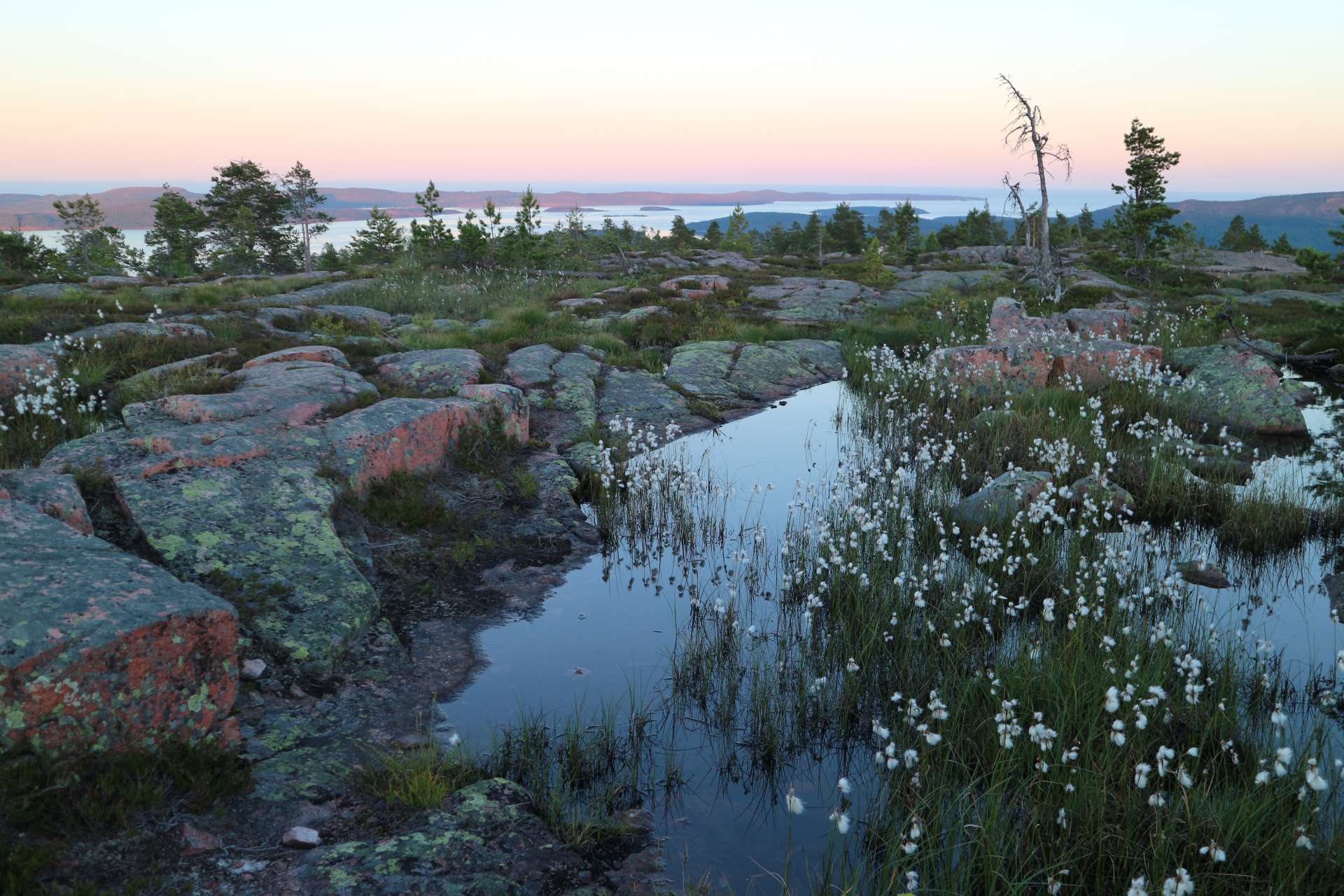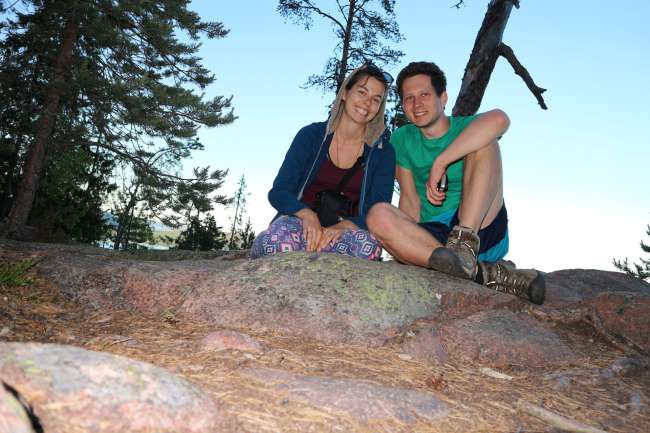
In 6 Monaten durch Europa auf 6m²
vakantio.de/fraeuleinweltenbummel
Auschwitz - Birkenau
Maxxanfame: 07.09.2017
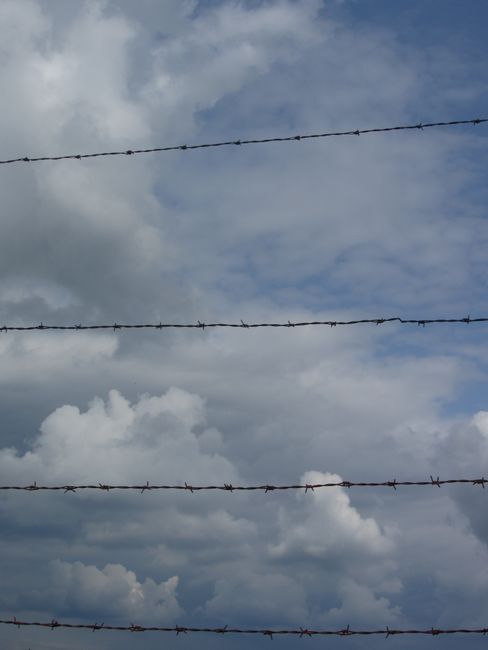
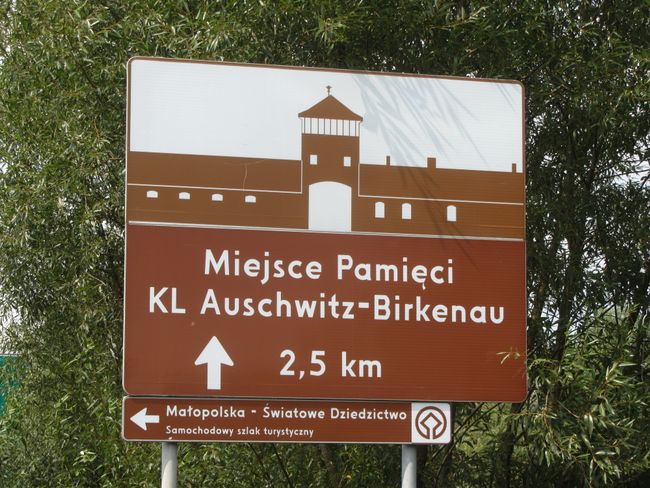
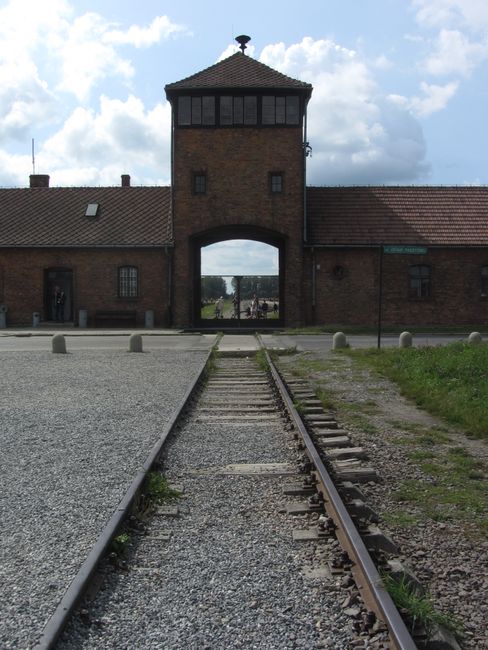
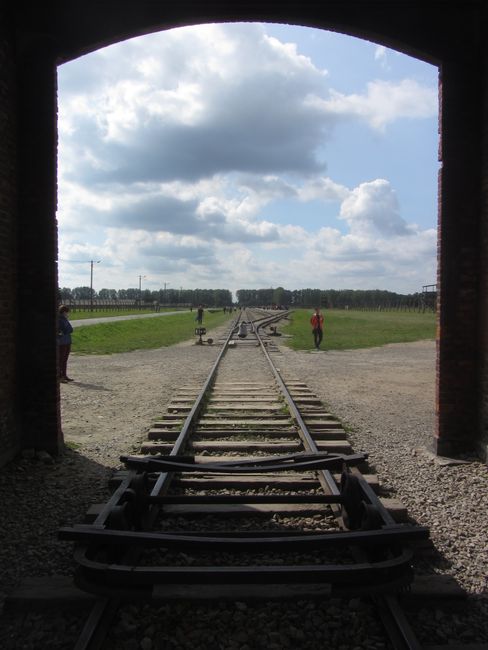
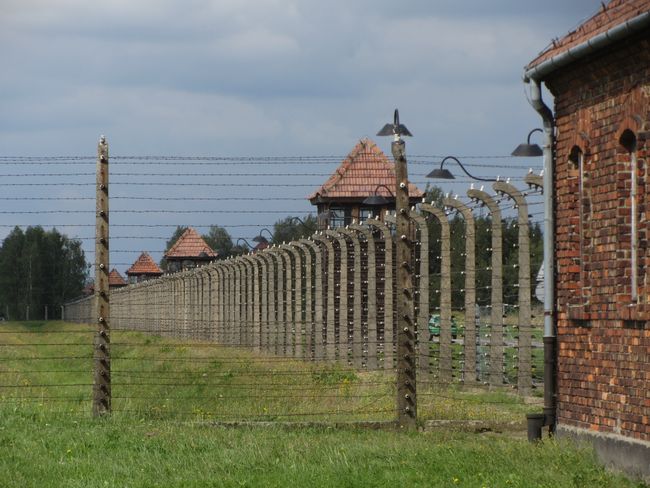
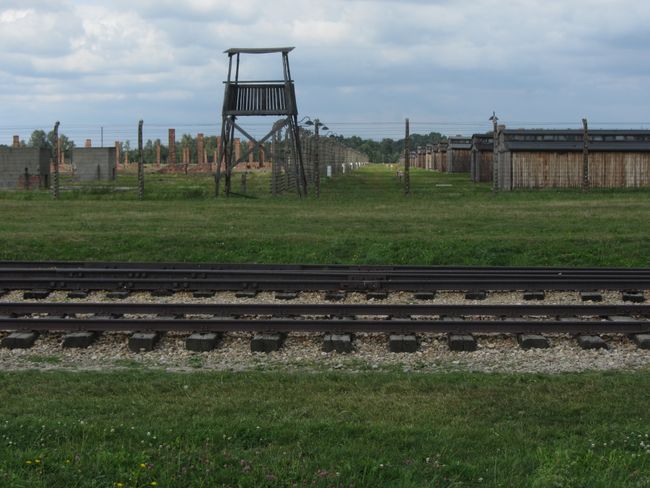
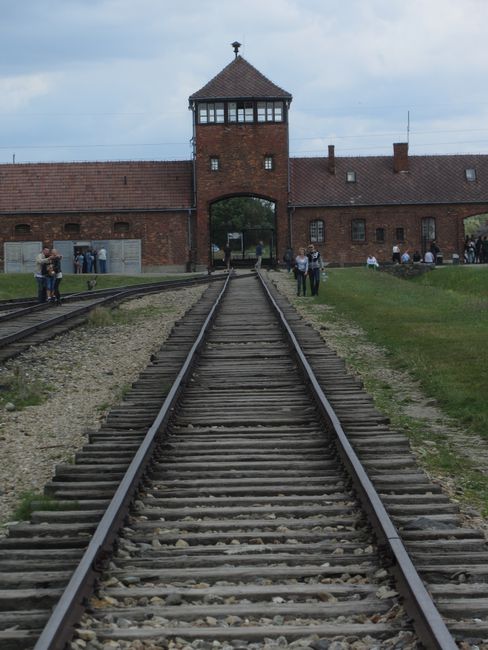
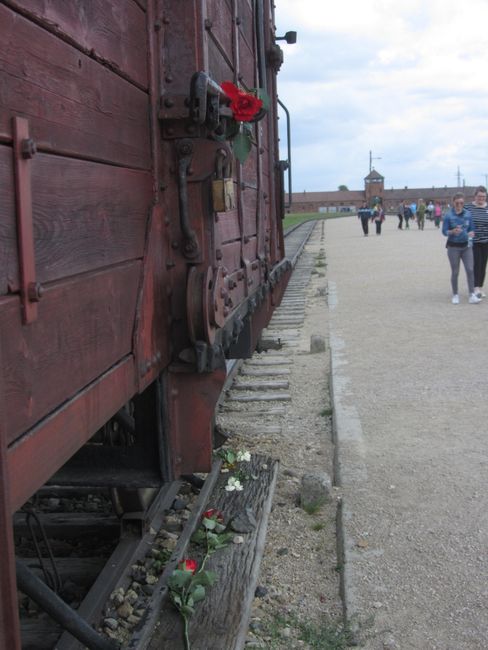
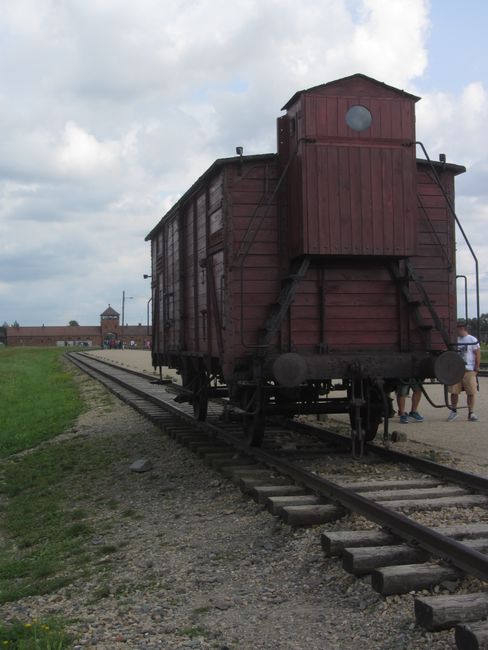
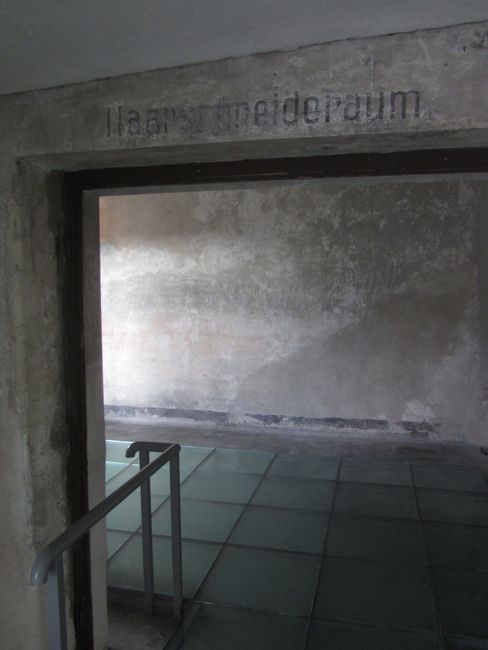
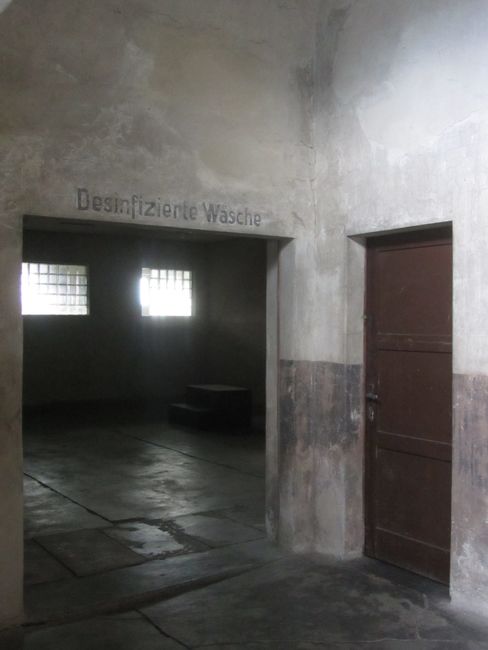
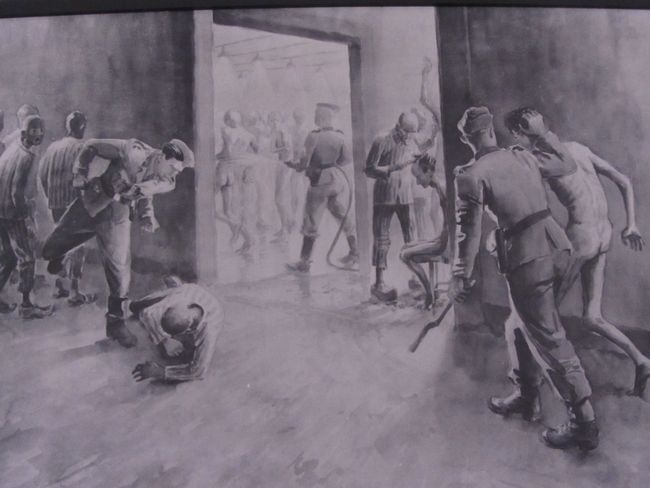
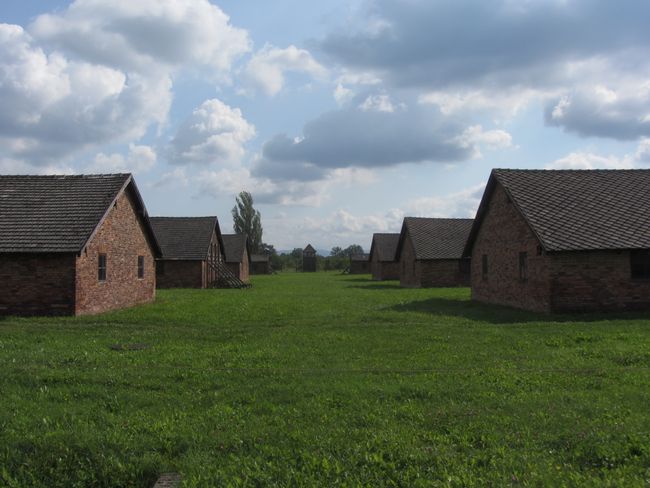
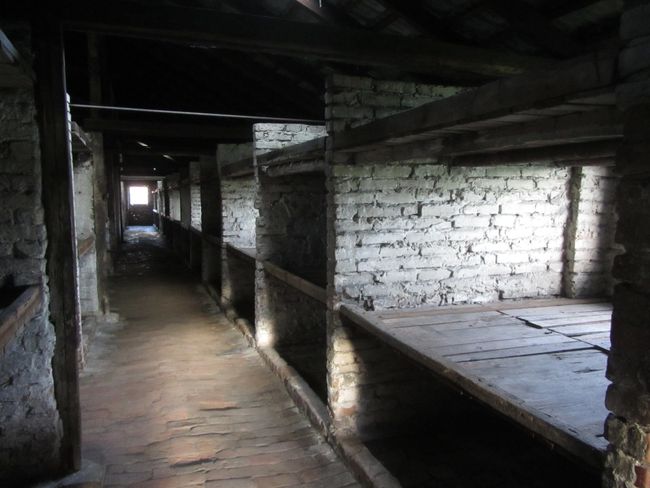
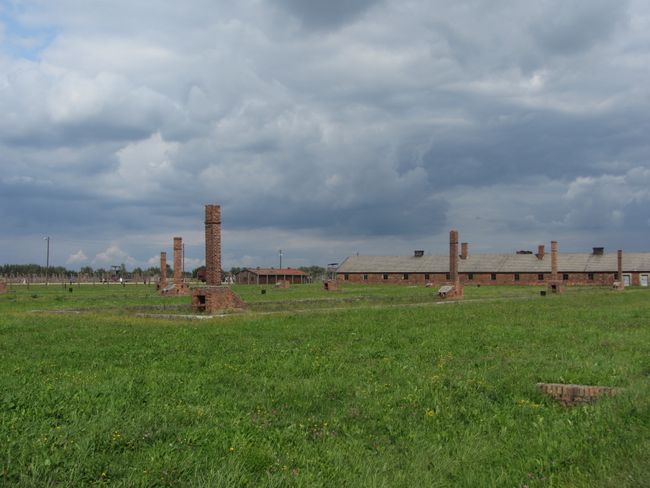
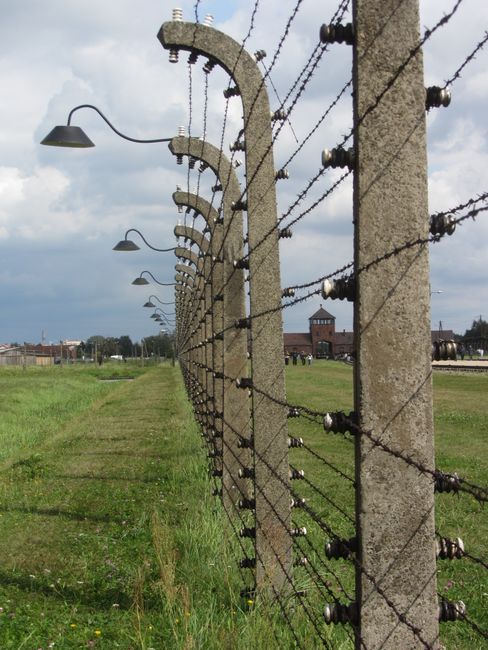
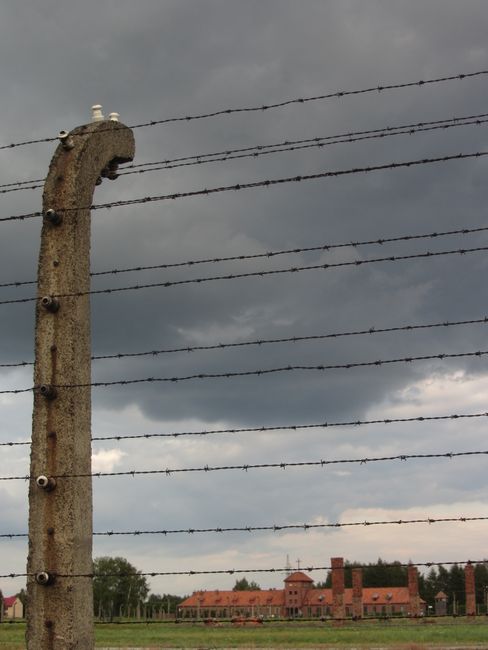
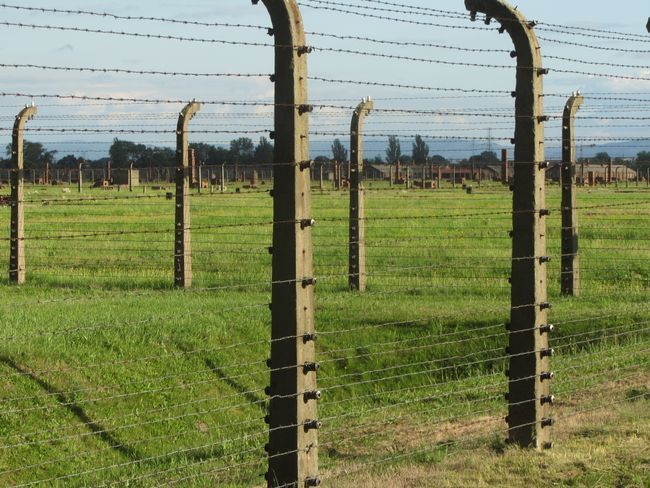
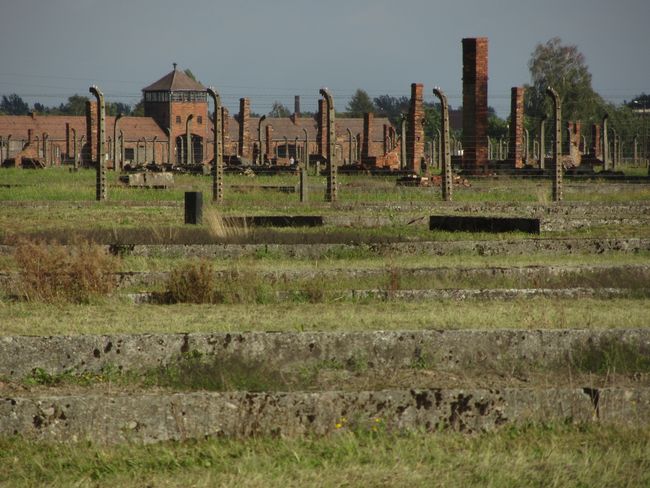

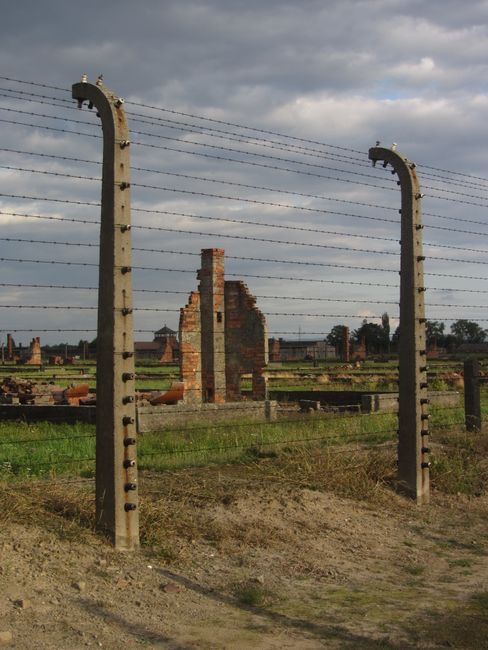
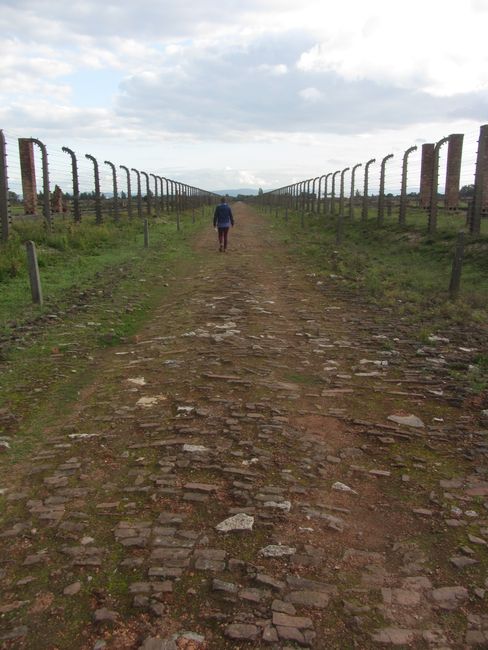
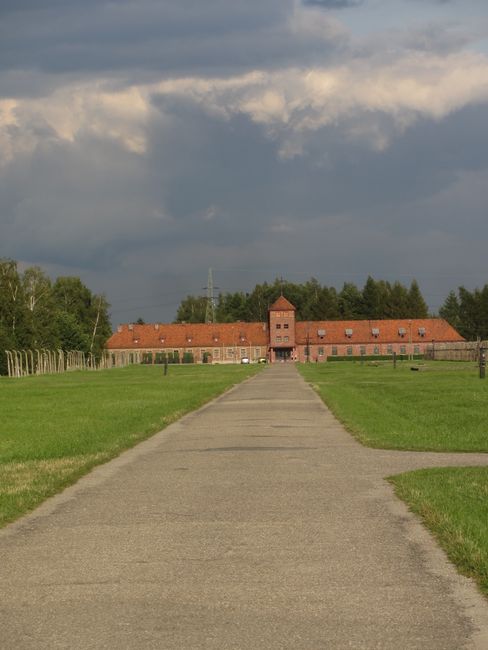
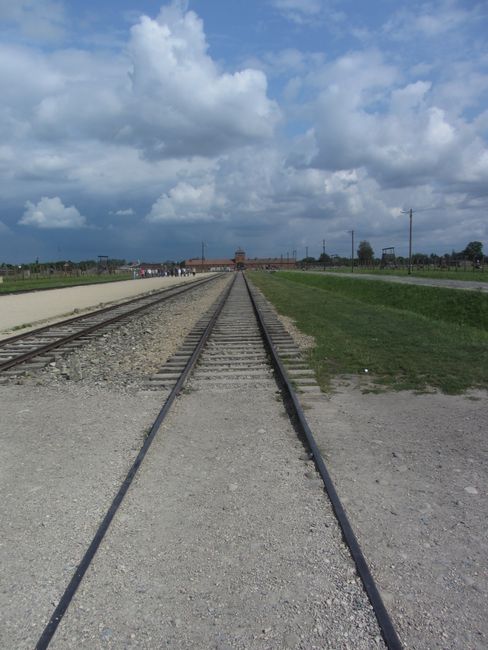
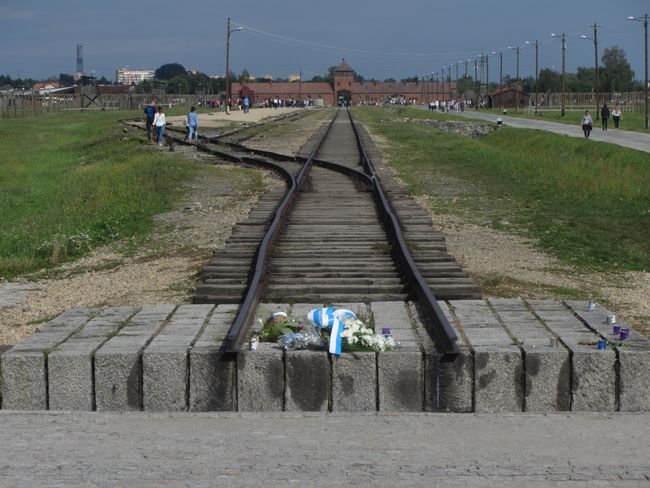
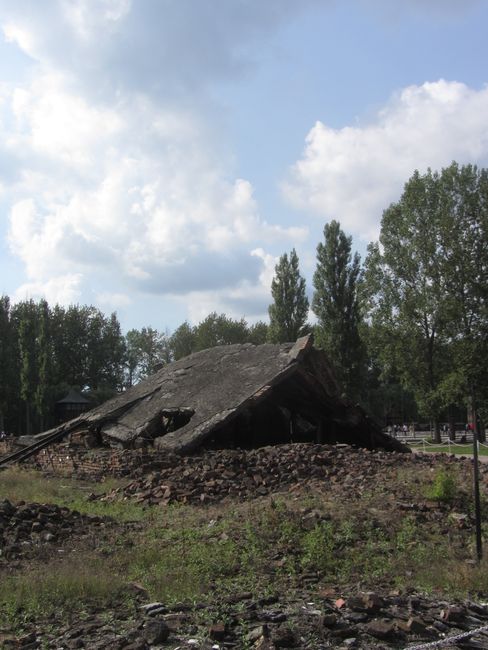
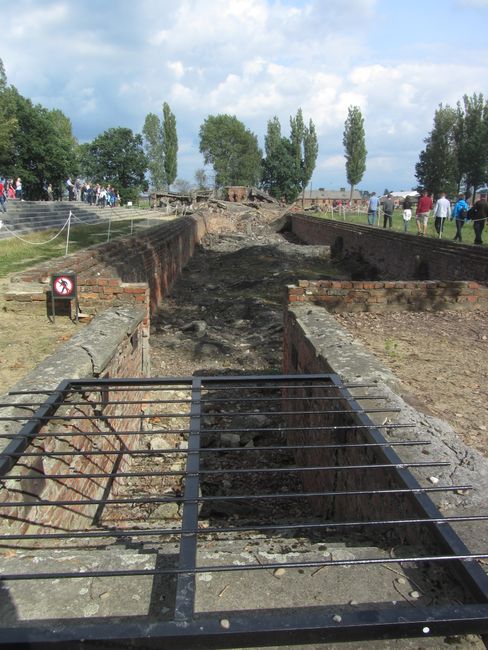
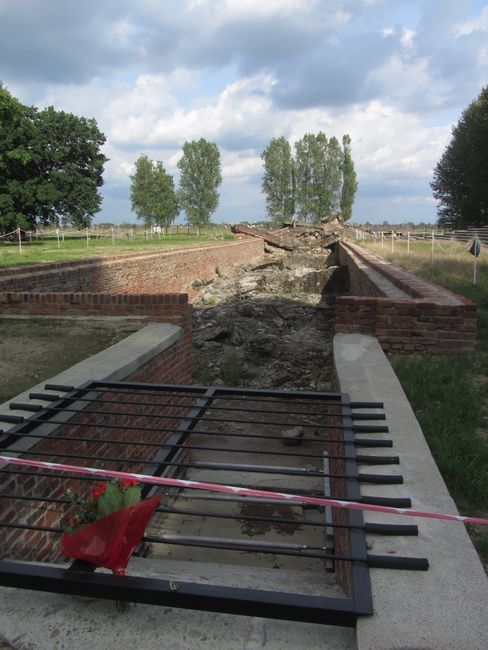
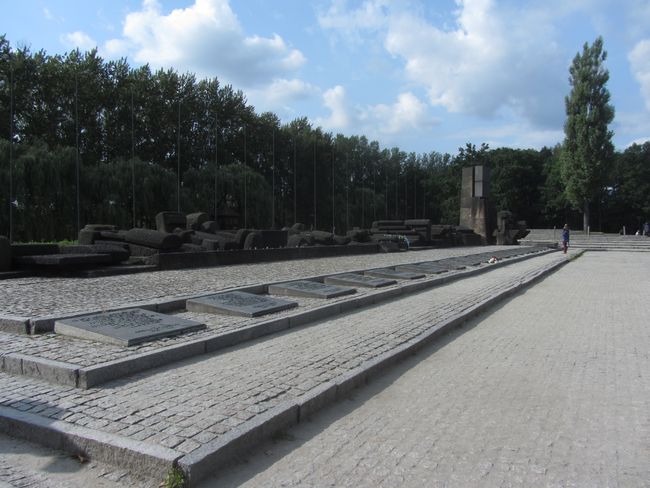
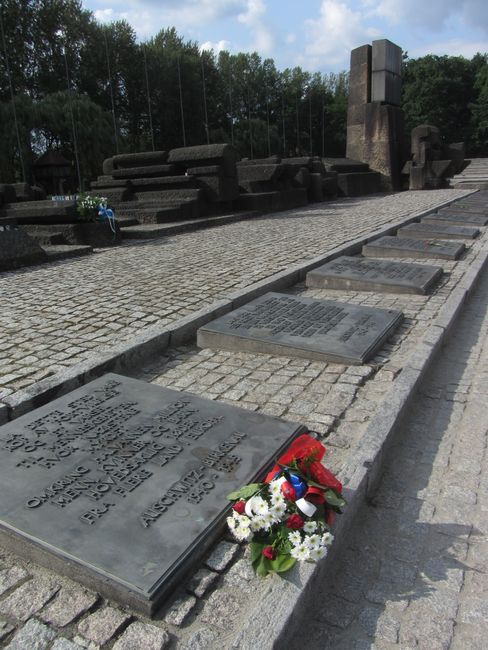
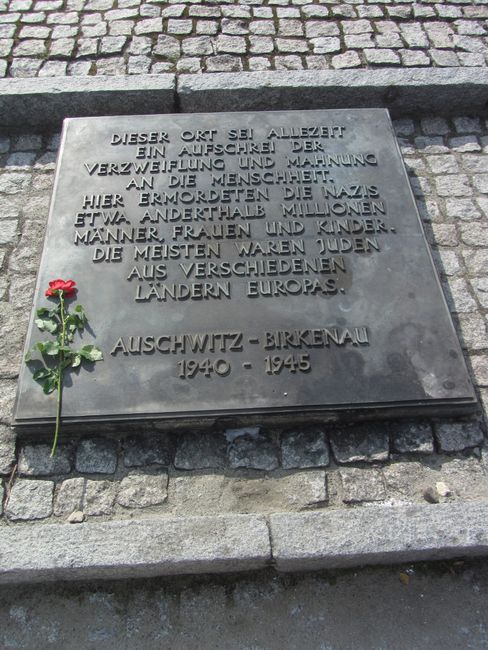
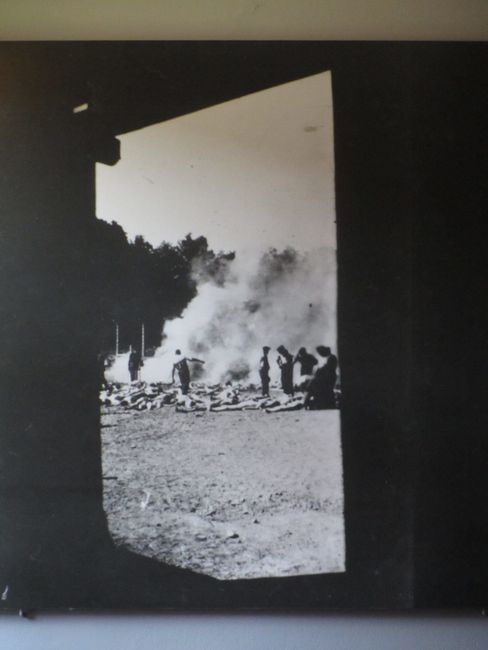
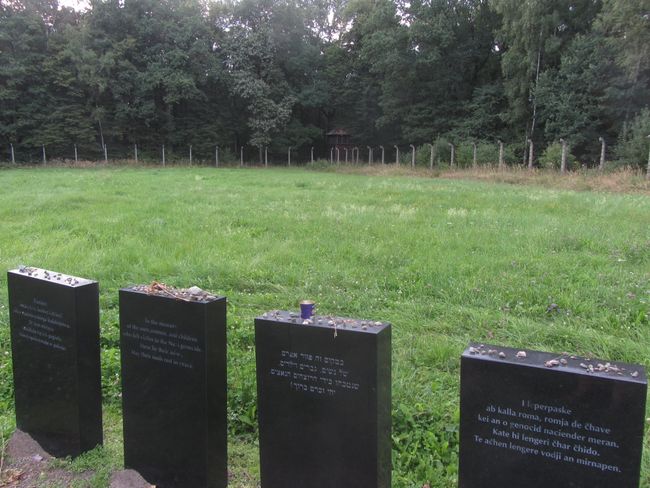
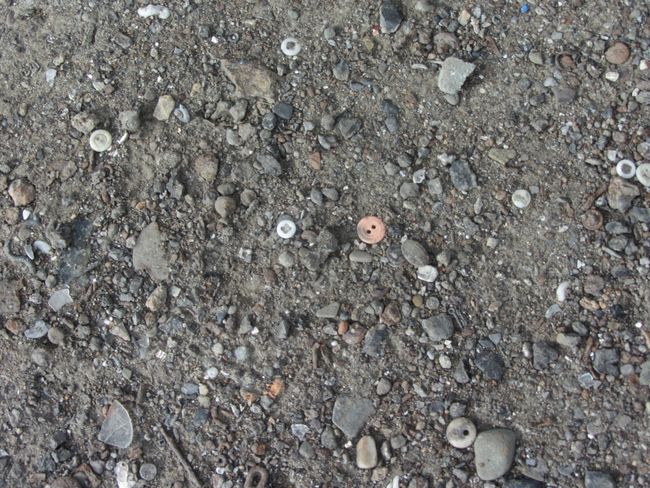
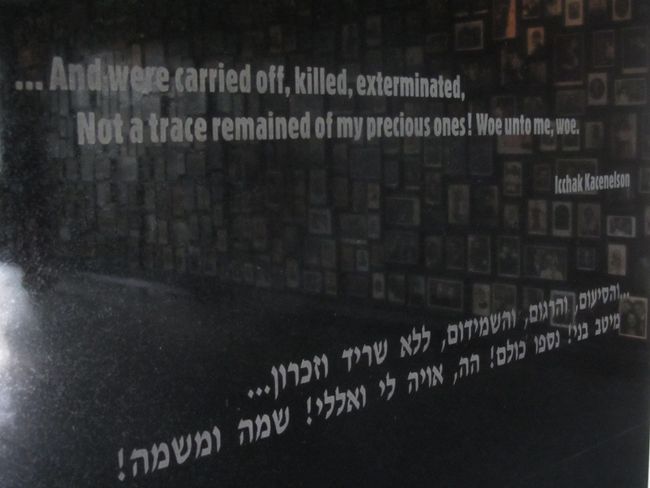
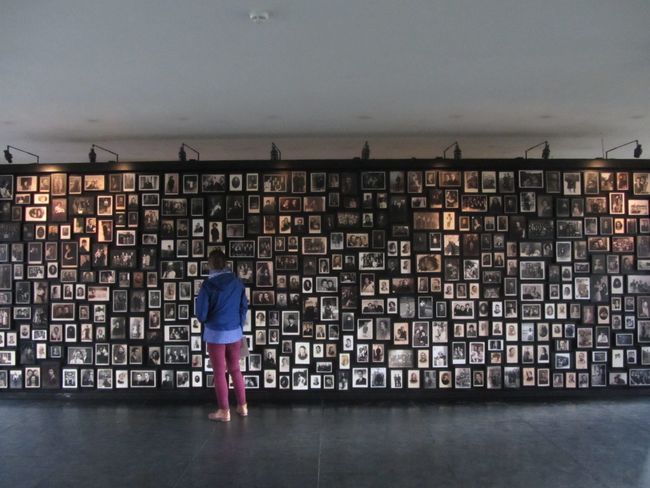
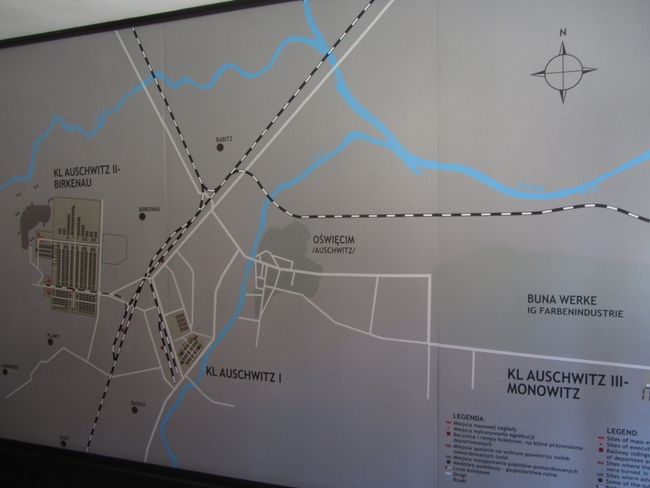
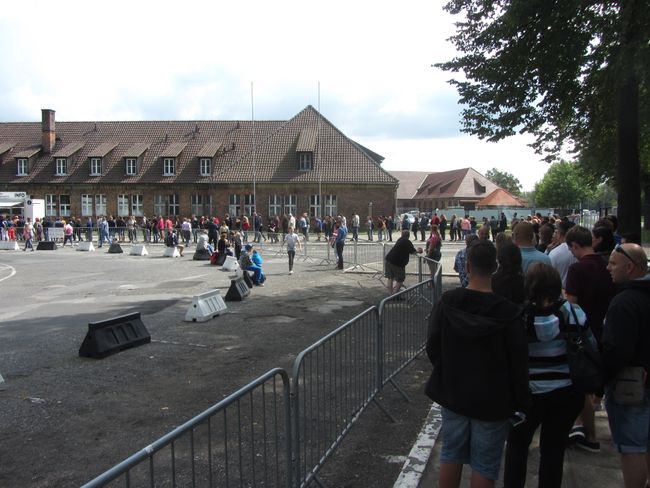
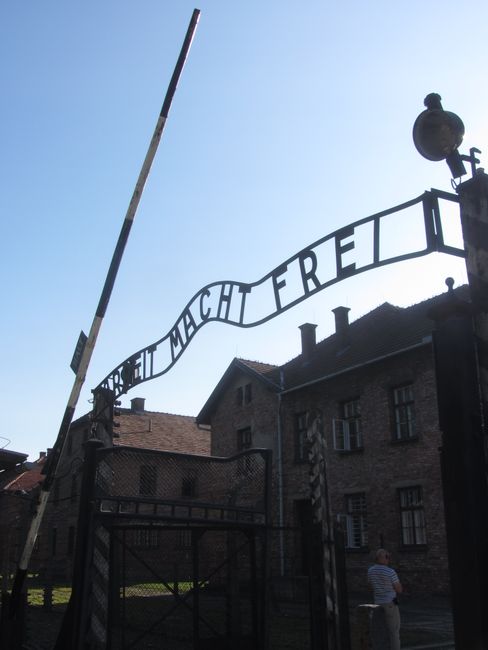
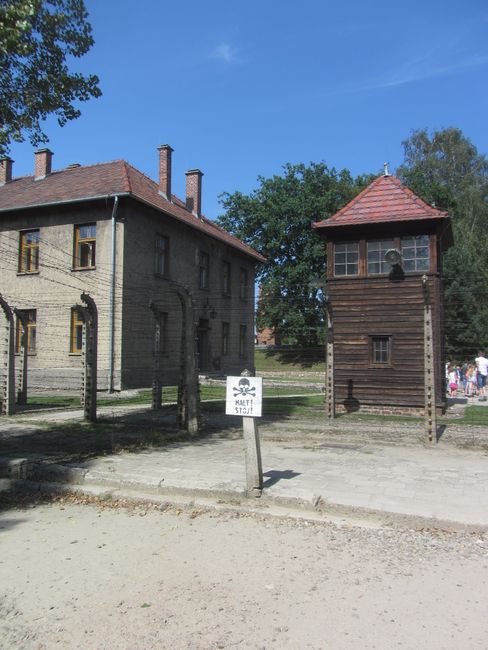
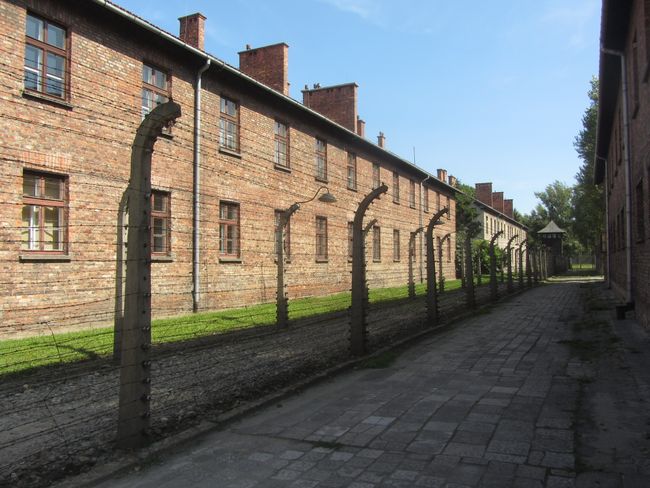
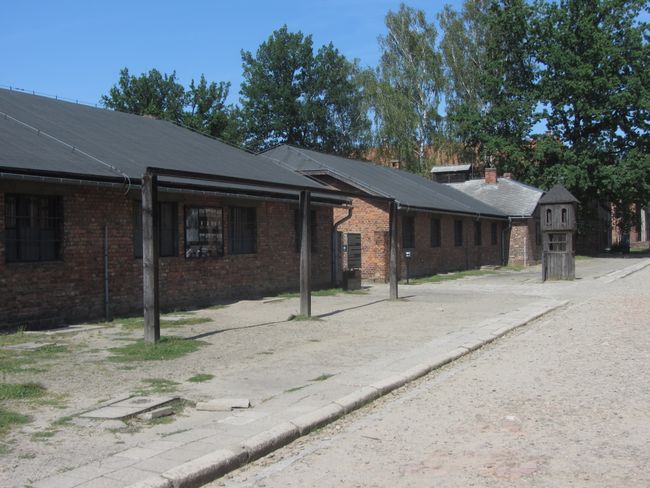
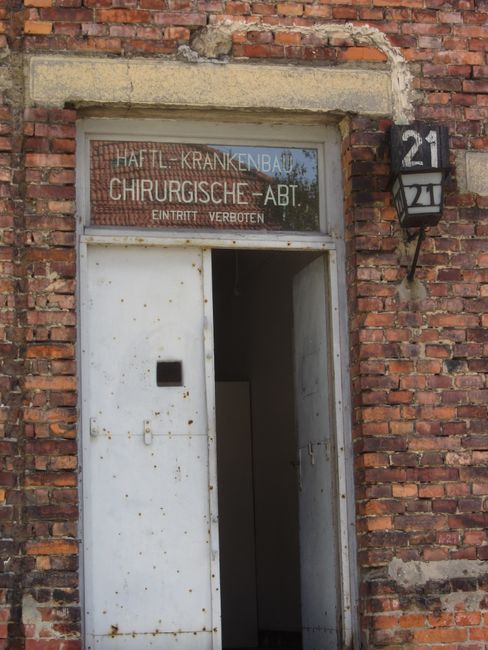
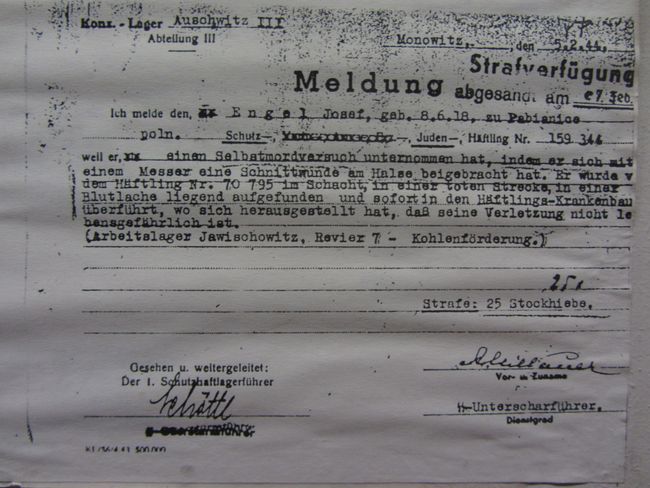
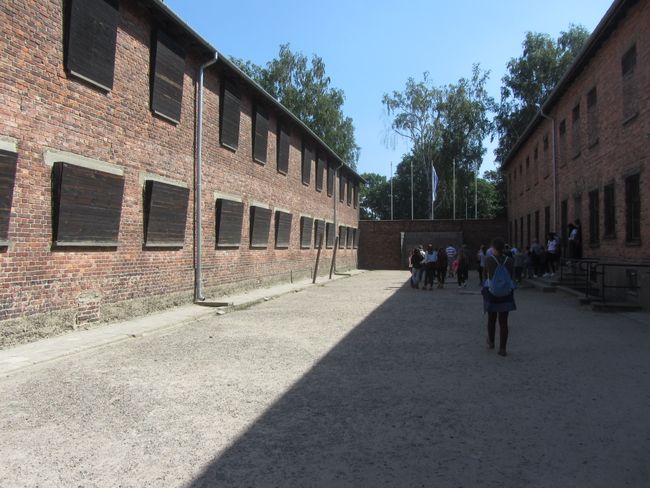
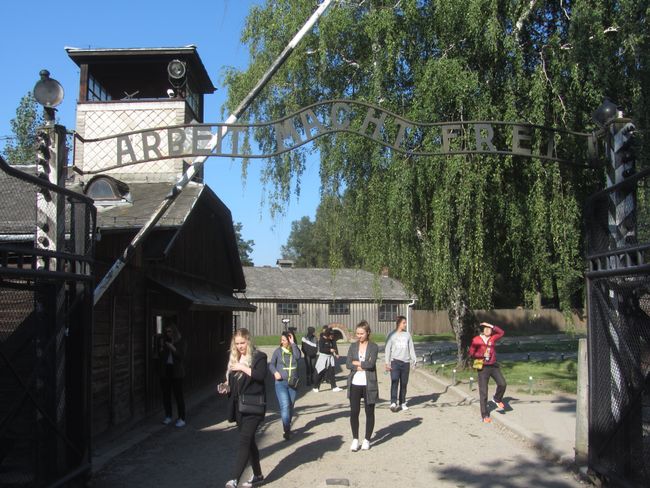
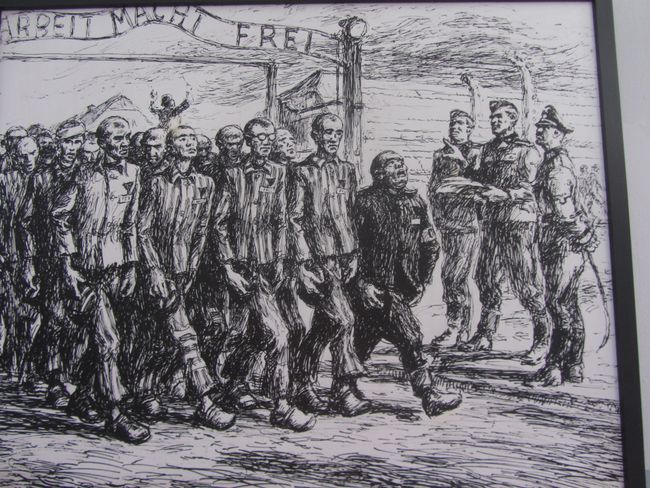
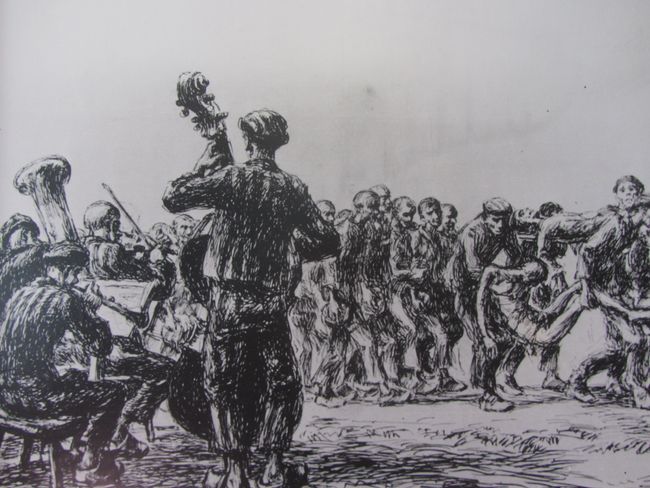
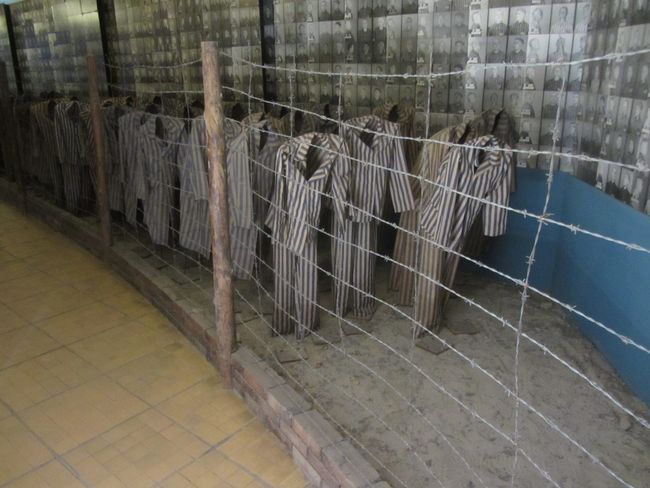
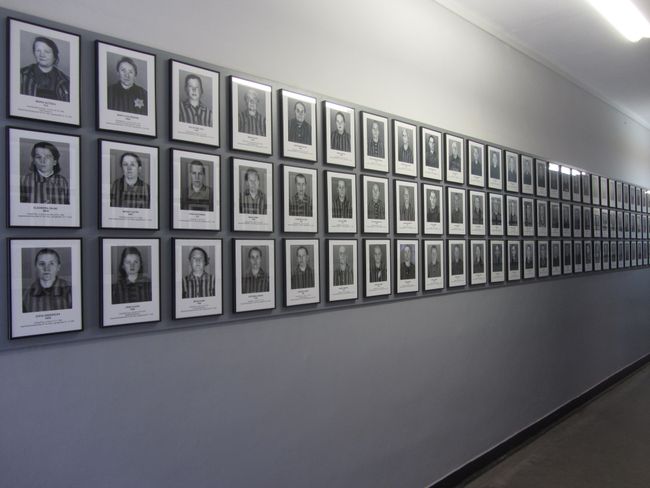
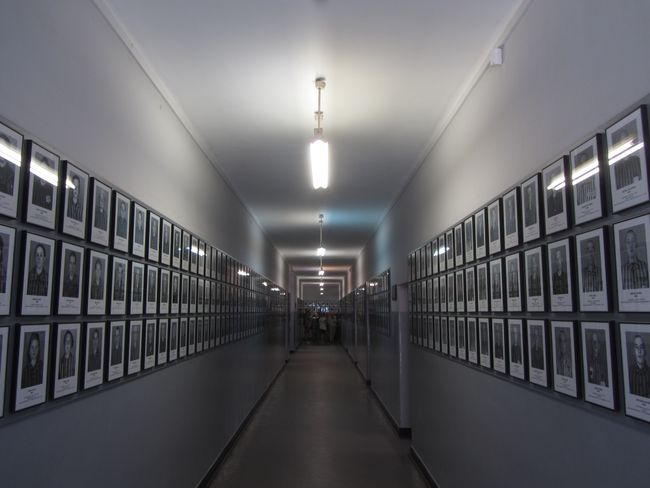
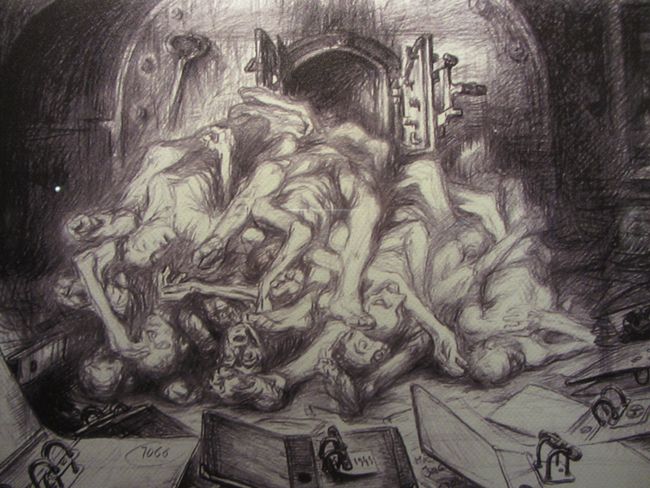
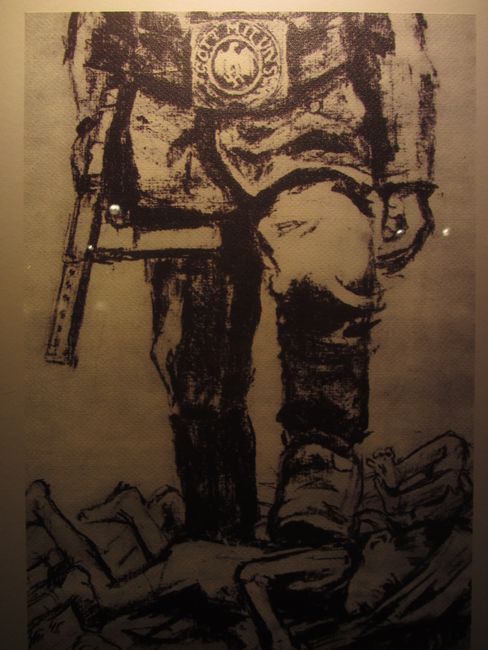
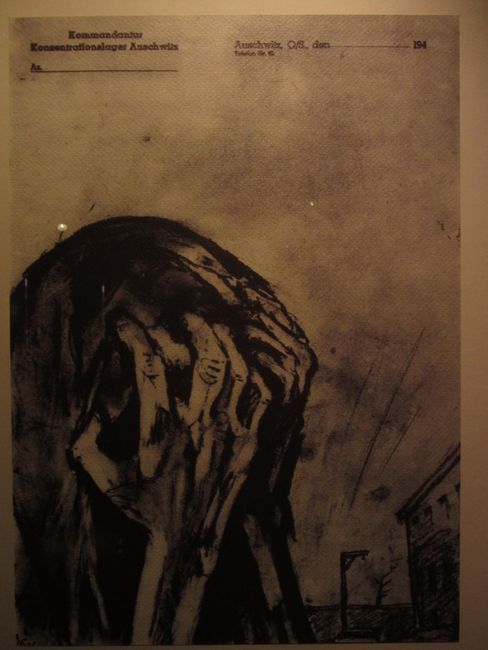
Barruu Oduu Subscribe godhaa
It's hard...
It's hard to know about Auschwitz.
It's hard to go to Auschwitz.
It's hard to experience Auschwitz.
It's hard to write a travel blog article about Auschwitz.
It is impossible for us to maintain the character of the previous blog and report on this place with beautiful snapshots and anecdotes.
Everyone (German) knows about Auschwitz, its historical significance, individual stories heard, pictures seen, and their individual emotional states. What remains demands to be seen - truly, numbingly, and probably impossible to comprehend.
That everyone deals differently with this incomprehensible part of human history and experienced moral, spectacular, interested, neutral, gratifying, shocked, ... reactions here, we have observed in various forms alongside our own: people walking silently, laughing, following tourist group tours with interest or boredom, discussing, having everyday conversations, taking photos, reading, singing, praying, strolling, crying, arguing, and shouting...
Auschwitz has necessarily become one of the most visited museums, which is proven not only by statistics but also by the immense crowds of people there. In our eyes and our experience, however, this size and the number of visitors, information, and the facilities themselves also carry the danger of emerging empathy loss over time - a psychological reflex of protection? Those who courageously decide to visit Auschwitz should bring inner interest and time for calm and processing. Queues of people with young children being led into former gas chambers appear as an unthinkable irony of history.
We took two days to visit Auschwitz II (Birkenau) first and then Auschwitz I with the main museum. Sharing our feelings here at this point and in this media form seems trivial to us; and if this is the wrong word, then at least impossible. The experience should probably be made by each person themselves. That's why this article is less of a presentation and more of an offer or invitation to look silently. We tried to combine a few visual impressions in a kind of montage to take a walk through these once unimaginably real places - selective and insufficient...
Firstly, the comprehensive arrival at the extermination camp Birkenau. Then what is left of the camp facility between barbed wire and wooden barracks, up to the blown-up gas chambers and crematoria with evidence of the destruction and the memorial site there. In Auschwitz I, also a glimpse with the roll call square and hidden execution yard, as well as impressions from the various thematically processed exhibitions in the former stone convict barracks. Finally, three drawings by a Polish artist who became an eyewitness shortly after the liberation of the camp - since he did not have enough paper with him for processing, he used the remnants in the SS offices.
Barruu Oduu Subscribe godhaa
Deebii
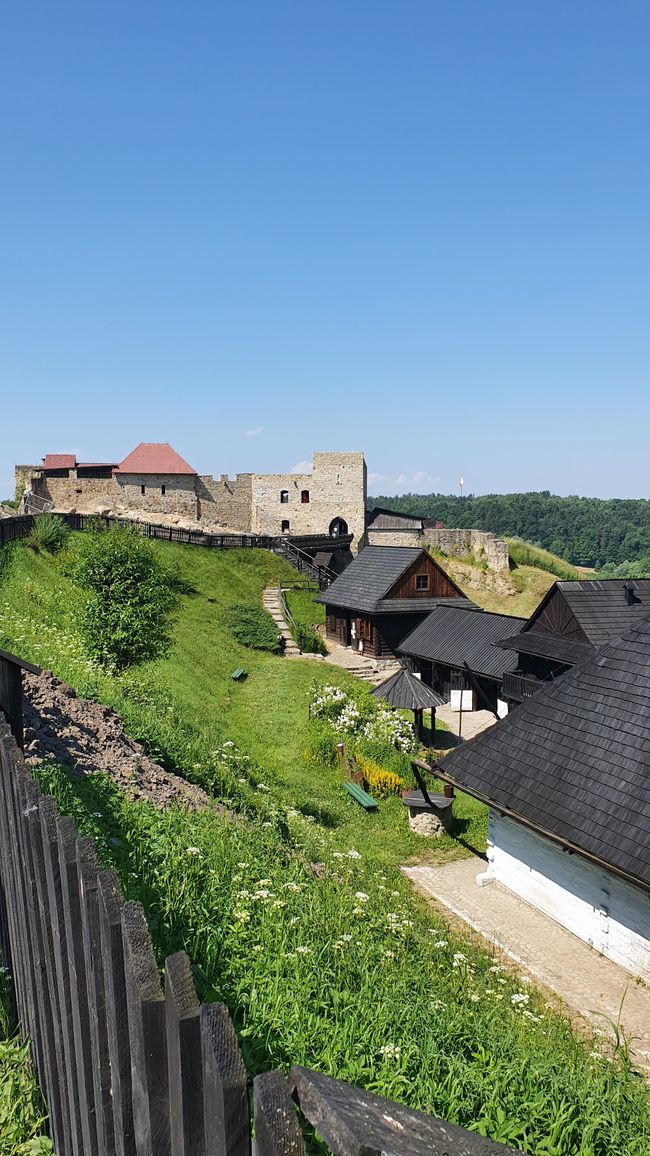
Gabaasa imala Poolaandi
